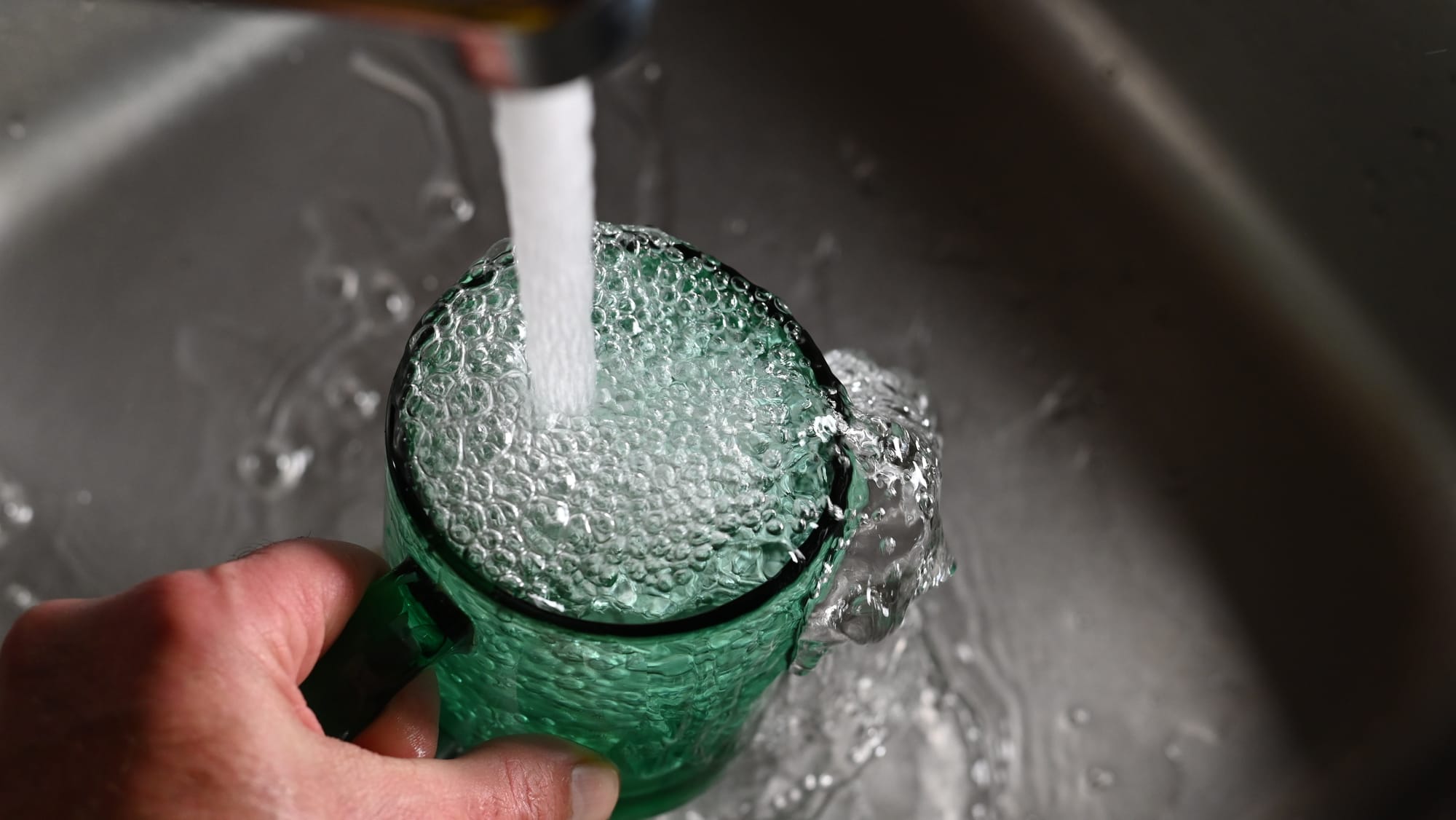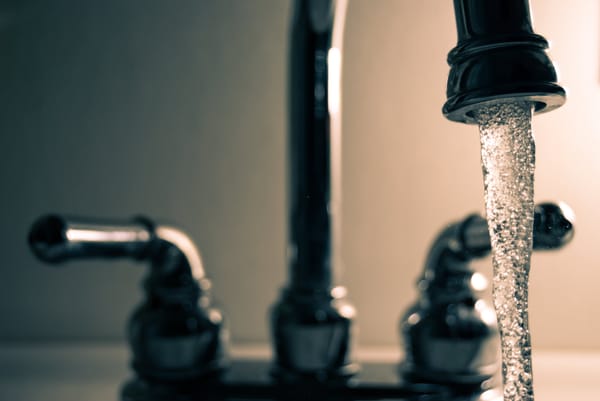Water is vital to life, and clear, safe water is necessary for living a healthy life. In this article, we explore various methods for attaining and maintaining clean water that ensure its safety for consumption or recreational use.
Filtration Systems
Filtration systems are an efficient way of maintaining water clarity. Filter systems work by filtering out impurities and particles from your water supply, leaving behind clearer and safer liquid. Filtration systems may consist of various filters - mechanical, biological, chemical or even more unique types - each one playing its part to provide a comprehensive cleaning process for your water.
Installing a Water Heater
One effective method to ensure the clarity and safety of your water is to install a water heater. Hot water can often help break down impurities into something easier to filter out. Installation should be handled by professional plumbers to ensure safety and efficiency. They will recommend the ideal heater based on factors like your home's usage requirements and energy efficiency needs, along with any necessary maintenance checks so as to extend its lifespan and keep providing clear, safe water. Get a water heater installed so your home remains clear, safe, heated while keeping warm!
Water Testing and Treatment
Regular testing of your water is key to maintaining its clarity and safety, and water testing kits are easily available to detect contaminants such as bacteria, nitrates and heavy metals. These kits offer a fast and straightforward method to verify whether or not your water is suitable for consumption and use, though for a more thorough assessment consider sending samples directly to a certified laboratory. Should any contaminations be discovered during tests it's crucial that they're treated effectively as soon as they come to light. Simple solutions include boiling the water to kill bacteria or purification tablets; for more severe contamination issues, invest in a water treatment system. These systems can be tailored to meet the unique requirements of each household and can effectively remove a wide array of pollutants, leaving you with water that is both clear and safe to drink. Testing regularly for impurities and promptly treating any detected issues are key elements to keeping water clear.
Distillation
Distillation is another effective means to increase water clarity and safety, using heated water to generate steam before condensing back into liquid form in an appropriate container. Though distillated water is generally cleaner and safer to consume than non-distilled, distillation doesn't remove all potential contaminants from its source. Distillation may help clear and purify water, but volatile organic compounds (VOCs) that evaporate at temperatures comparable to or lower than water may still seep into it and impact its purity and safety. Thus, while distillation may improve clarity and safety for some water supplies, it may not be sufficient alone in solving severe contamination issues. In these instances other approaches such as filtration may be required for optimal results.
Conclusion
Clean, clear water is essential to both our health and enjoyment. By employing reliable filtration systems, regular testing and treatment procedures, distillation techniques, or a water heater, everyone can appreciate this precious resource without worry. Of course, different situations may call for different combinations of these solutions, so it's crucial that your specific requirements and conditions are taken into account before seeking clarity in any aspect of life - whether that means water or life itself!


